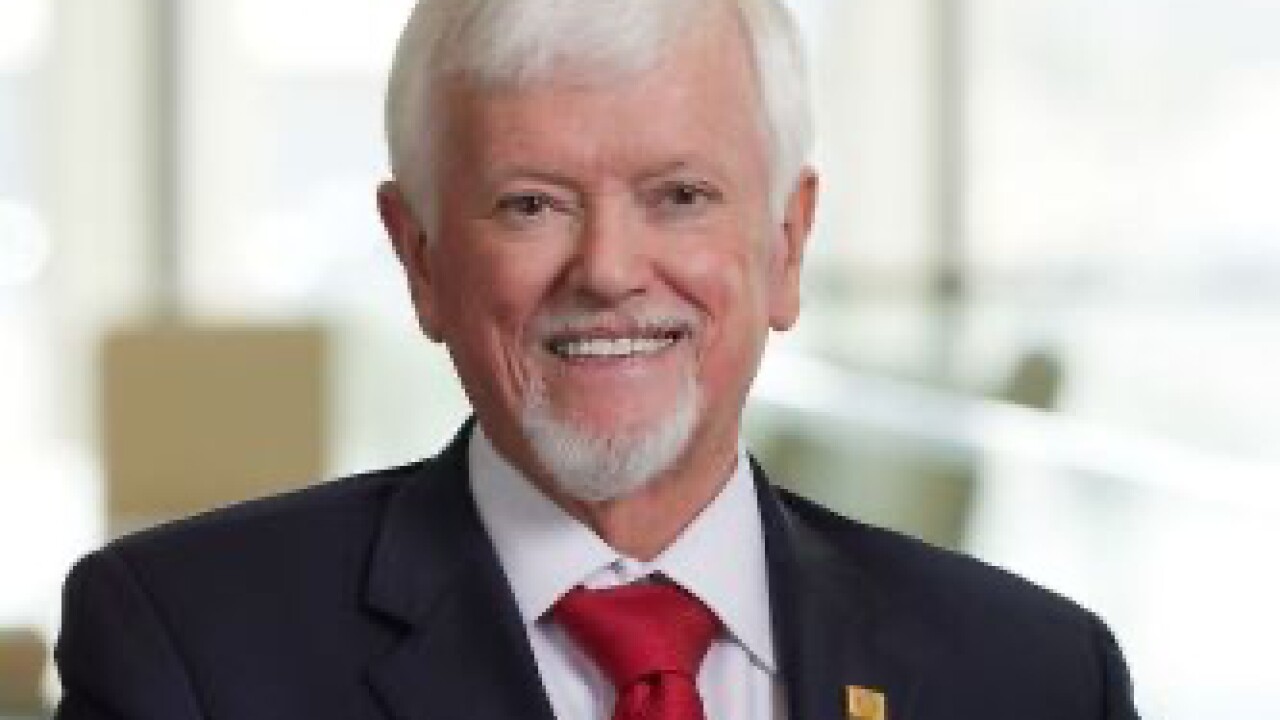The Dodd-Frank Act spanned 2,300 pages and mandated 390 new rules. One might think that that left little room for unelected regulators to use their own discretion to revise policies. Quite the contrary.
Despite burying regulators and banks in paperwork, the Democratic-enacted law actually left plenty of room for regulators — in many cases — to ignore some of that paperwork and interpret the statute as they see fit. That flexibility may be more relevant today than when the law passed in 2010. Congress is now unlikely to repeal the law, yet the Trump administration appears willing to appoint regulators that could roll back significant portions on their own.
Take the Volcker Rule. The ban on proprietary trading named for former Federal Reserve Board Chairman Paul Volcker was so central to Dodd-Frank that President Barack Obama held

Sounds simple enough. But it took regulators nearly three and a half years to come up with the criteria — encompassing several hundreds of pages — governing how exactly they would enforce the rule. Even with all of this guidance, the Volcker Rule continues to leave too much to discretion. It forces regulators to divine traders’ “intent” in making trades. The rule states that banking entities cannot buy and sell financial instruments “with the intent to resell in order to profit from short-term price movements.”
In other words, it’s OK for a trader to purchase a few million dollars’ worth of a particular corporation’s bonds thinking that the firm’s clients will want to purchase those bonds. It’s not OK for the trader to purchase the bonds thinking that the price will go up, and his firm will make a profit.
But a trader doesn’t generally purchase a security to sell it to a customer at a loss for his bank. Is a trader who purchases corporate bonds one day only to sell them at a higher price the next day illegally “intending” to make a short-term profit, or is he serving his customer?
As Federal Reserve Board Gov. Jerome Powell
In a sign of just how difficult it is to divine such intent, there is still no case of the government accusing a bank of purchasing securities intending to sell them for a profit for its own interest. The first Volcker Rule-related enforcement action was issued only last month, nearly seven years after Dodd-Frank was enacted, but it had nothing to do with that intent. The Fed
But the level of regulator interpretation allowed by Dodd-Frank in the case of the Volcker Rule could be a positive for advocates of deregulation.
Congressional Republicans want to repeal the Volcker Rule outright, but prospects for such legislative reform are dim. House Republicans support Jeb Hensarling’s Financial Choice Act, which would do away with the Volcker Rule, but analysts predict the bill would not fare well in the Senate.
Volcker Rule critics have hit on another solution: President Trump’s appointees can simply
The same could be true for many other aspects of Dodd-Frank, which similarly depend on appointees’ discretion. Regulators can use their own judgment to decide, for example, whether a big insurance company or other nonbank financial firm is “systemically important.” On the consumer compliance side, regulators have the power to determine which activities are, and are not, “abusive.”
Dodd-Frank’s authors perhaps thought that the law’s breadth and complexity could cover all contingencies: regulators would have the power to do almost anything. But the law also gives regulators, in many instances, the power to do nothing.





